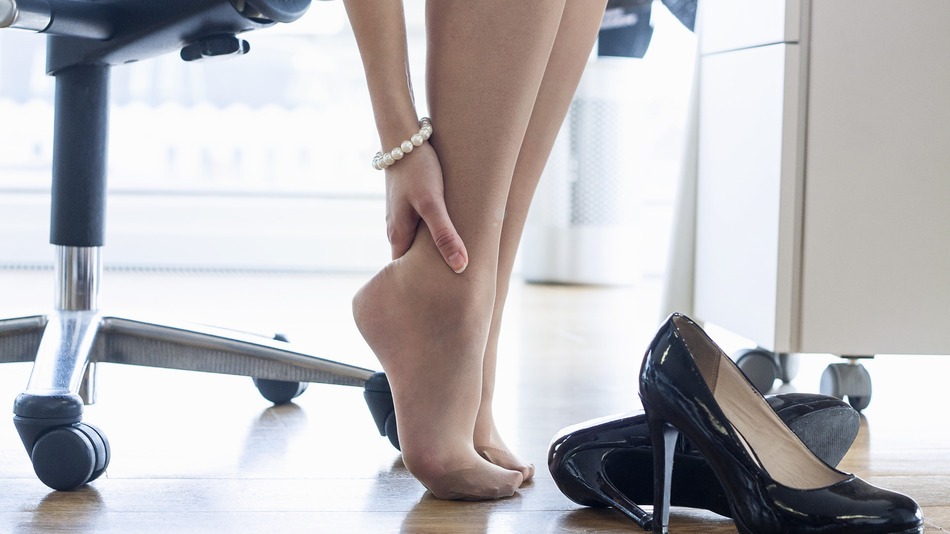9 months ago
High heels and sexism at work
 The headlines may have caught your eye in relation to the employee sent home for wearing high heels. So what is the legal position for employers?
The headlines may have caught your eye in relation to the employee sent home for wearing high heels. So what is the legal position for employers?
A sensible dress code imposed by employers is reasonable and to a certain extent can be sex specific. For example, you might require men to wear suits and women to wear a dress. In a job as waiting staff for example, that would seem normal to us all, and the fact that the expectation differs a little will not create an offence. There are cases where tribunals have not agreed that the requirement for men to wear a tie is sexist simply because women were not required to wear one. So the law allows for differing standards of dress.
However, as always it will depend on the context.
High heels may be a requirement that is reasonable for a model for example, if part of the job is to look sexy. However, for a receptionist, in spite of what some may think, the job is not to look sexy. Therefore high heels cannot be justified. There might be a defence if both men and women are required to wear them, but you can see how bizarre it would quickly become.
The risk to employers is simple. If you cannot justify it as part of the role, it is likely a woman could establish the requirement humiliated her on the grounds of her sex. The author doesn’t know from personal experience, but is told by his wife that it might also lead to a personal injury claim!
The amazing thing about the case in the headlines is the PR damage, given that it is likely no one could even see the receptionist’s feet.



